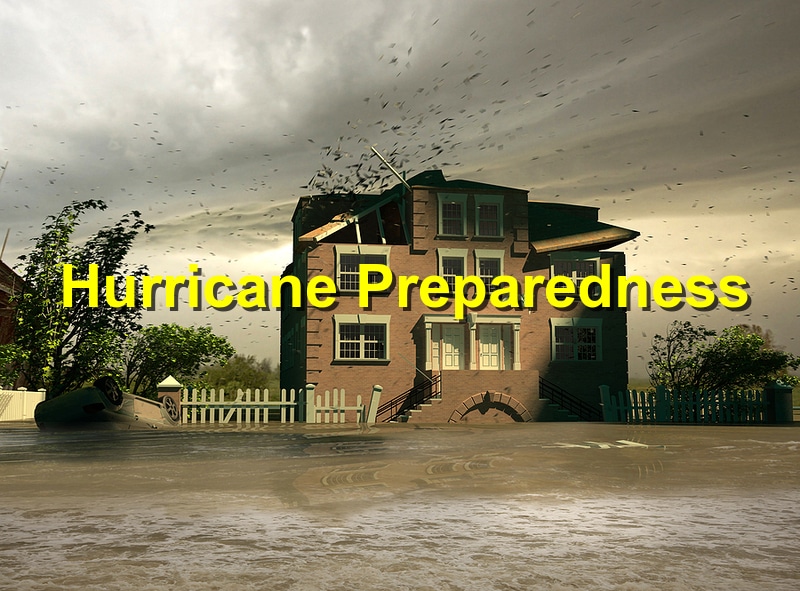Hurricanes are powerful natural disasters that can cause significant damage to properties and disrupt lives. Being prepared is crucial to minimizing the impact on your home and ensuring the safety of your family. Here are essential tips for hurricane preparedness to help protect your property.
1. Develop a Plan
Having a well-thought-out plan is the foundation of hurricane preparedness:
- Emergency Kit: Assemble an emergency kit with essentials like water, non-perishable food, medications, flashlights, batteries, and a first-aid kit. Ensure it’s easily accessible.
- Evacuation Plan: Know your evacuation routes and have a plan for where you will go if you need to evacuate. Include contingencies for pets and ensure everyone in the household is aware of the plan.
- Communication Plan: Establish a communication plan with family members to keep in touch during and after the storm. Designate a point of contact outside the hurricane zone.
2. Secure Your Home
Protecting your home involves reinforcing its structure and safeguarding vulnerable areas:
- Windows and Doors: Install storm shutters or board up windows with plywood. Reinforce doors, especially garage doors, to prevent wind damage.
- Roof: Inspect your roof for loose shingles and repair any damage. Consider installing hurricane straps to secure the roof to the walls of your home.
- Outdoor Items: Bring in outdoor furniture, garden tools, and other loose items that could become projectiles in high winds. Secure larger items that cannot be brought indoors.
3. Prevent Water Damage
Water damage is a common issue during hurricanes, but proactive measures can help mitigate it:
- Gutters and Downspouts: Clean gutters and downspouts to ensure proper drainage. Consider installing gutter guards to prevent debris buildup.
- Seal Openings: Seal gaps around windows, doors, and other openings with caulk or weatherstripping to prevent water intrusion.
- Sump Pumps: If your home has a basement, ensure your sump pump is working properly and consider having a battery backup in case of power failure.
4. Protect Important Documents
Safeguard important documents and valuables from potential damage:
- Waterproof Containers: Store important documents like birth certificates, passports, insurance policies, and financial records in waterproof containers.
- Digital Copies: Make digital copies of important documents and store them on a secure cloud service or external hard drive.
5. Review Insurance Policies
Ensure your insurance coverage is adequate and up to date:
- Homeowners Insurance: Review your homeowners insurance policy to understand what is covered and ensure it includes wind and water damage.
- Flood Insurance: Consider purchasing flood insurance if you don’t already have it, as standard homeowners insurance typically does not cover flood damage.
6. Stay Informed
Keeping informed is critical during hurricane season:
- Weather Updates: Monitor weather forecasts and alerts from trusted sources like the National Hurricane Center (NHC) and local news.
- Emergency Alerts: Sign up for emergency alerts and notifications from local authorities to stay updated on evacuation orders and other critical information.
7. Post-Storm Safety
After the storm has passed, safety remains a priority:
- Assess Damage: Carefully inspect your property for damage. Avoid downed power lines and standing water.
- Document Damage: Take photos and document any damage for insurance claims. Contact your insurance company as soon as possible to report the damage.
- Repairs: Make temporary repairs to prevent further damage while you wait for professional assistance. Keep receipts for any expenses incurred during the process.
Conclusion
Preparing for a hurricane involves planning, securing your home, preventing water damage, protecting important documents, reviewing insurance policies, staying informed, and ensuring post-storm safety. By taking these proactive steps, you can significantly reduce the risk of damage to your property and ensure the safety of your family. Hurricane preparedness is an ongoing process, and staying vigilant can help you weather any storm with greater confidence and peace of mind.
References: AmericanRedcross, NOAA




